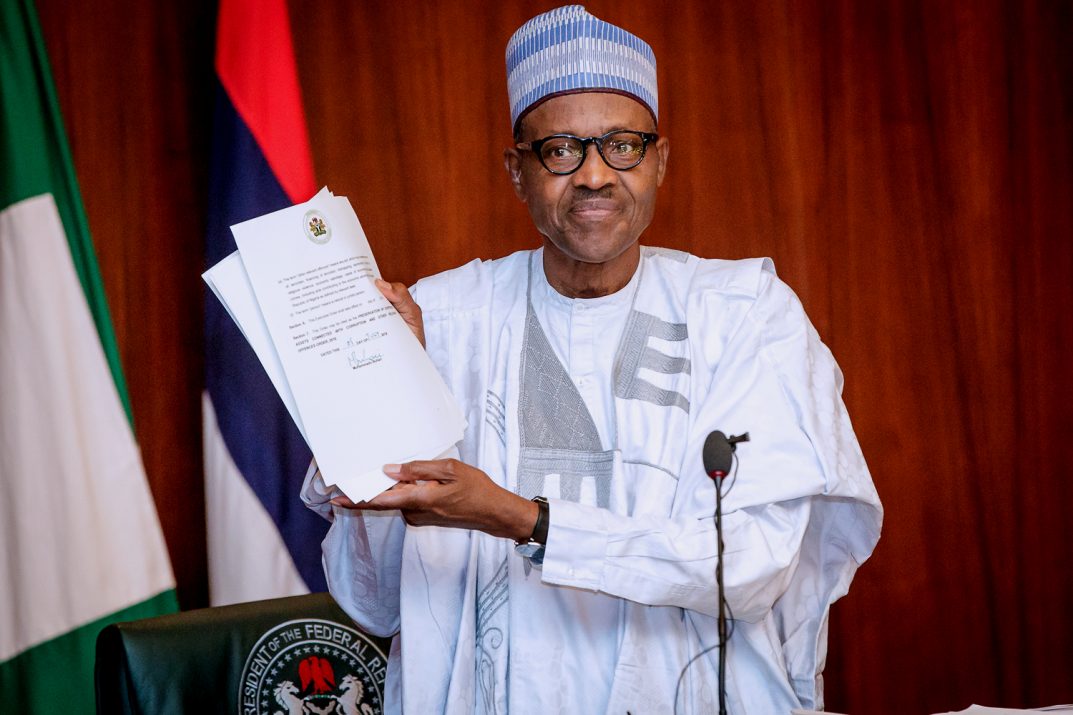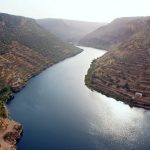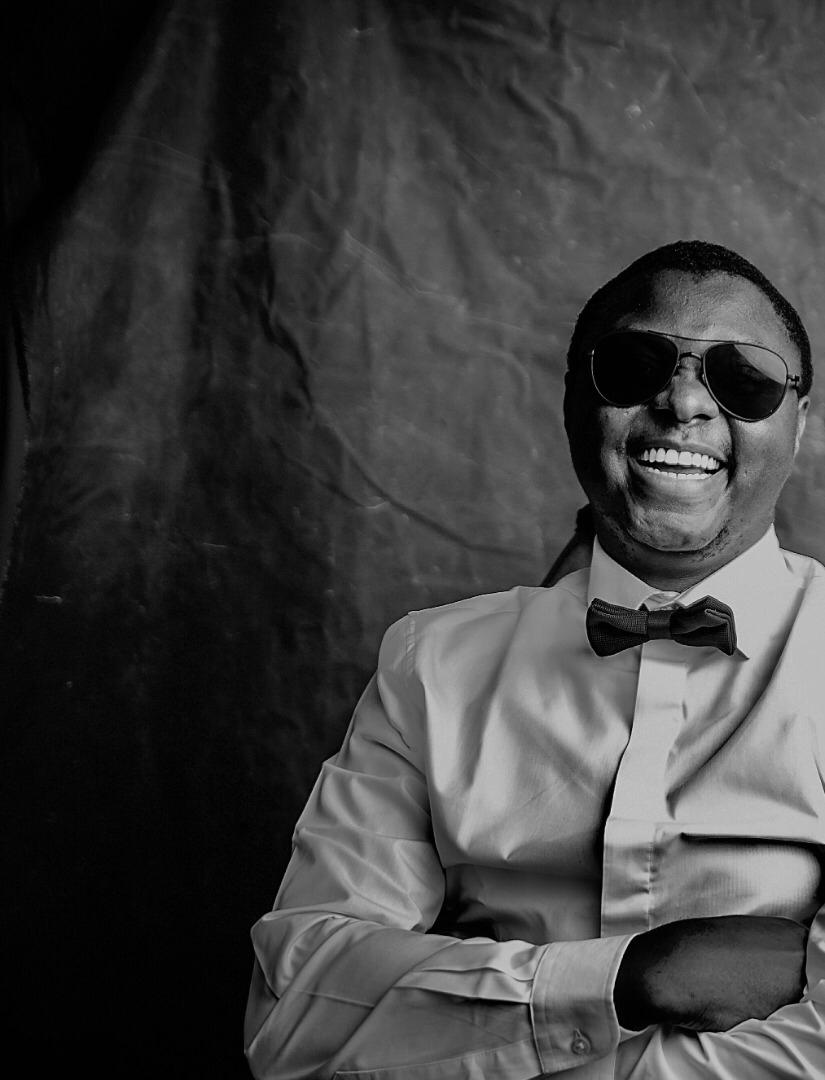Re: Buhari Curious Request on Loot Recovery (Guardian Editorial, 16th October, 2018)
This editorial is curious. It maintains a suspicious ambivalence all through. In one breathe it suggests that it decries President Buhari’s plea on the international scene requesting for an international common ground against illicit transfer of our nation’s wealth, in another it suggests that it is against it.
It further attempts to trivialise the anti-corruption debate on the international scale. A debate that is most critical at this time in the globe despite other issues struggling space, attention and time with it. If for anything, somebody must lead this debate – and it is not abnormal that President Buhari who campaigned on this issue, and who has this as perhaps the most notorious battle he must fight in Nigeria, has chosen to lead the conversation.
The editorial failed to take cognisance of President Buhari’s role as the African Union’s appointed Champion of the Anti-Corruption fight in Africa. This role behooves on him the duty to make anti-corruption – which is one of Africa’s biggest problems – a front burner issue at every international fora he finds himself.
Corruption today in Africa is fundamentally the reason for the continents underdevelopment. With hundreds of billions of dollars in earnings, the continent remains ravaged in poverty, dearth of even the basic critical infrastructure, child mortality, and civil wars. All these evils live side-by-side a wealthy affluent elite, who are seen riding in Porsche cars, Bentleys and the most expensive race cars. Even a host of private jets. And stashed foreign currencies in foreign accounts across the globe. With the moneys funding this opulence stolen from the resources of their countries.
In Nigeria, the effect of corruption on our daily lives cannot be overemphasized and is similar with that of our African brothers as I have attempted to highlight above.
Through the complicity of countries serving as safe havens for looted funds around the world, President Buhari is left with no option but to engage the international community on this.
The conversation must thus not be limited to the HSBCs of this world but to every global institution that has a part to play, no matter how little, in ensuring these funds are returned back to the countries they were stolen from, and to prevent future spaces for thieves to find havens to stash their loots.
The reasons we have had dilapidated schools, non-functional hospitals, death traps as roads among others can be traced to corruption. Vanguard newspapers reported in 2016 that Nigeria earned 51 Trillion Naira in the six years of the Jonathan regime, if those moneys were judiciously used and not stolen and mostly transferred to safe havens across the world, we would not have the infrastructure deficit President Buhari battles with today.
At this point, Nigeria needs money to revamp its infrastructure deficit left depraved over several decades. With relatively low oil prices and a tedious diversification process of our revenue base – which invariably must be funded – Nigeria must find moneys everywhere it can. Including recovering those funds that have been stolen from its commonwealth and taken abroad.
This is what President Buhari is doing. And he is in order.
The President must also make it uncomfortable for thieves – looters as we like to call them – to find a hiding place for their stolen moneys both in and out of the country.
As for recovered loot: they are housed in the Central Bank and can only be expended pursuant to a budgeting process. They must be appropriated before they can be spent as part of the yearly budget that includes our income and expenditure.
To conclude: it is reported that between 1980 to 2009, about 1.4 Trillion Dollars has left the Africa in illicit financial flows. Recently it was reported that 80 Billion Dollars now leaves the continent yearly. This should worry any Nigerian who understands the import of this. Fundamentally, it drains our domestic resources to improve our economies, it heightens inflation, truncates growth and generally undermines development. To address this, all hands must be on deck, and President Buhari has chosen to lead the pack. There is nothing to be curious about.
Johannes Tobi Wojuola is a lawyer and a member of the Abuja Global Shapers Community, an initiative of the World Economic Forum




What do you think?